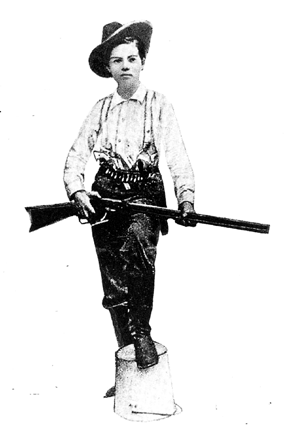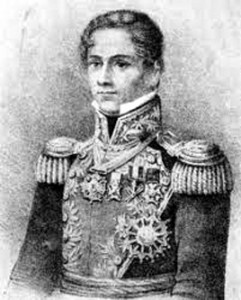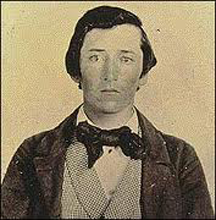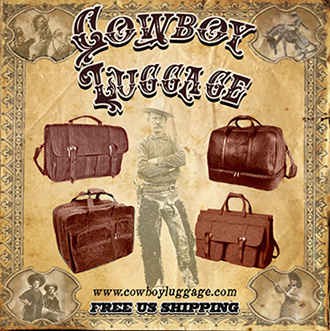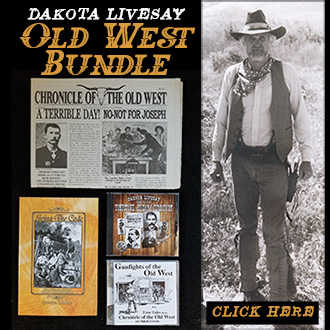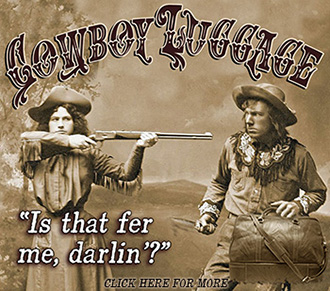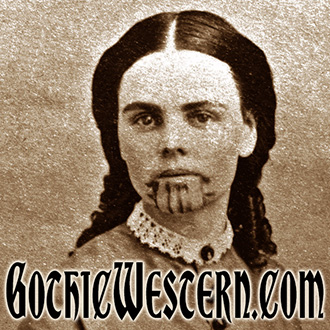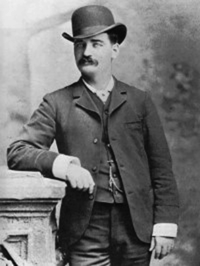 I find Bat Masterson one of the more intriguing men of the Old West. He is known as a gunfighter, but he was in very few gun fights.
I find Bat Masterson one of the more intriguing men of the Old West. He is known as a gunfighter, but he was in very few gun fights.
The last gunfight he was in took place on this day back in 1881. It was to help out his brother Jim. Jim owned a business in Dodge City and was having trouble with Al Updegraff, a business partner. It had even involved gunfire.
I don’t know if Jim actually said the words, “I going to get my big brother and he’ll beat you up,” but Bat, in Tombstone at the time, heard about the conflict and jumped on a train to Dodge City.
Not a man to mince words, Bat immediately spotted Updegraff and brother-in-law Peacock and said, “I have come over a thousand miles to settle this. I know you are heeled, now fight!” All three men immediately drew their guns.
In the fracas Updegraff took a bullet in his right lung. The mayor and sheriff arrived with shotguns and stopped the shooting. No one was mortally injured in the shooting, and in accordance with Old West standards, the gunfight was fought fairly. So Masterson was fined $8. He paid the fine and took the next train out of Dodge City.
As an aside, had Bat not left Tombstone to help his brother, the chances are excellent he would have been around to help his friend Wyatt Earp in another gunfight…The one that took place at the OK Corral.


